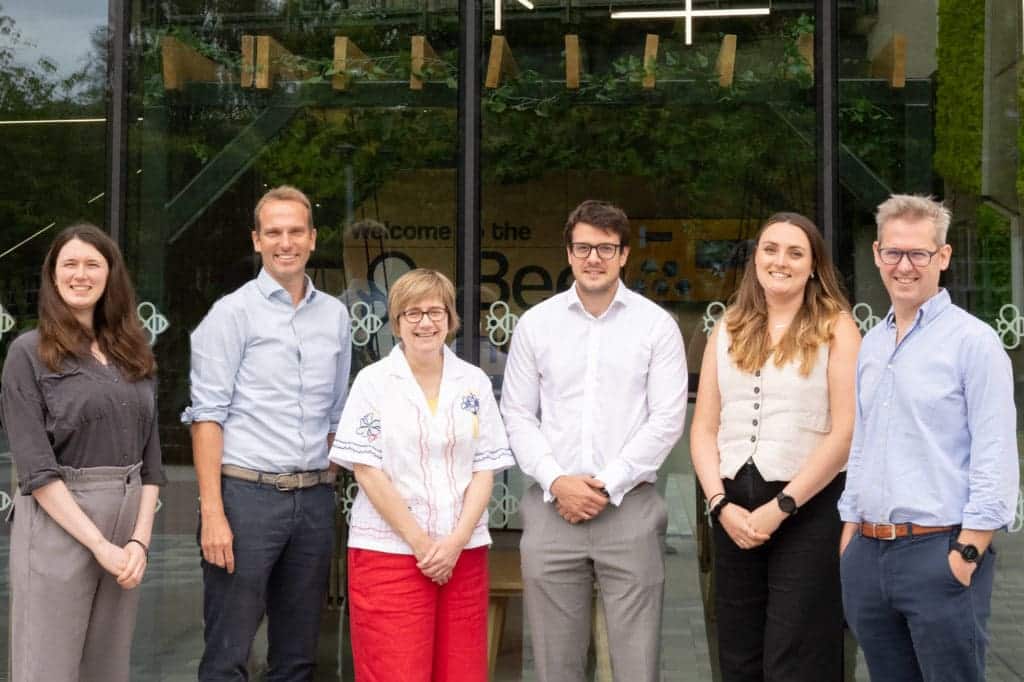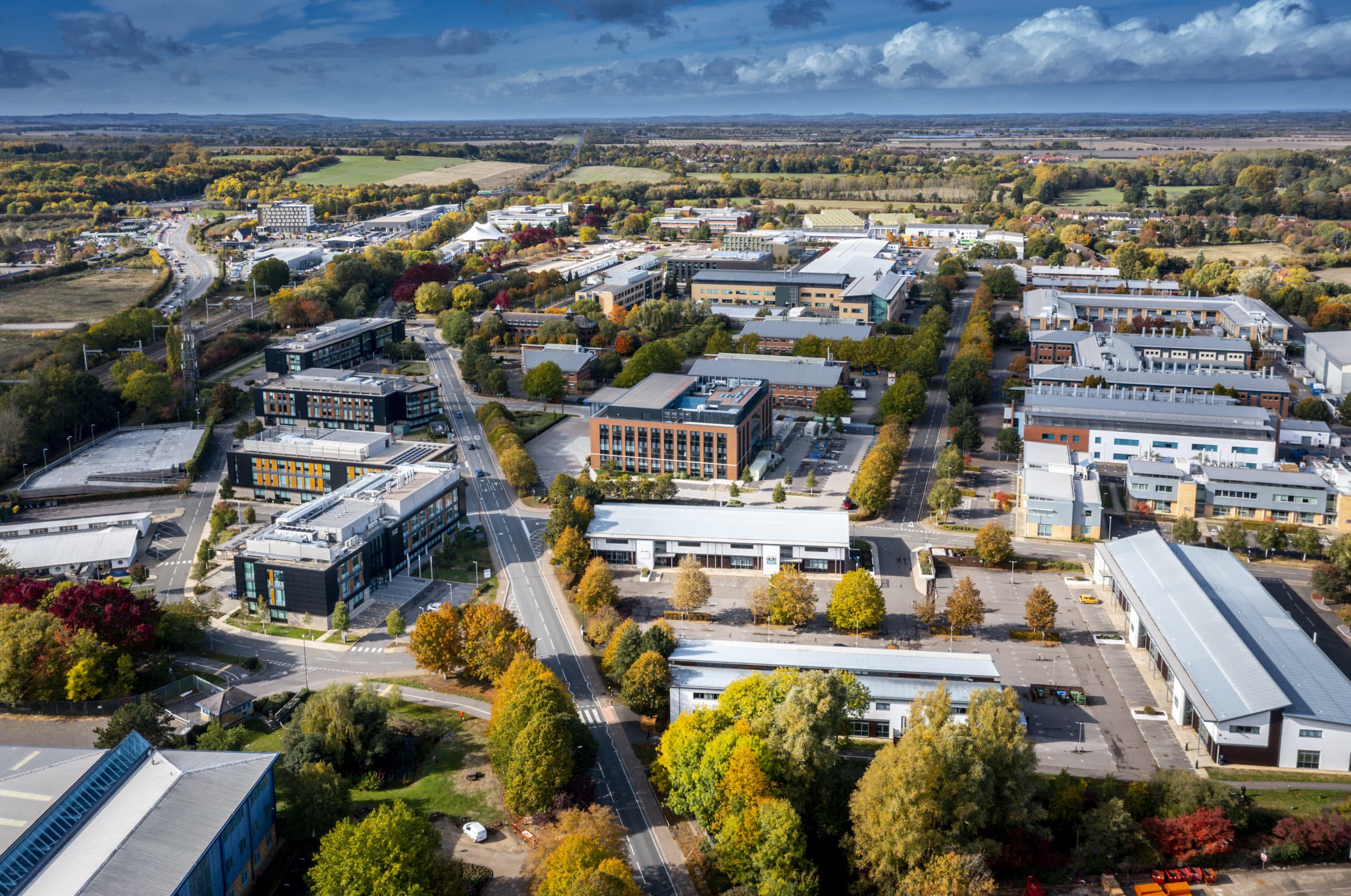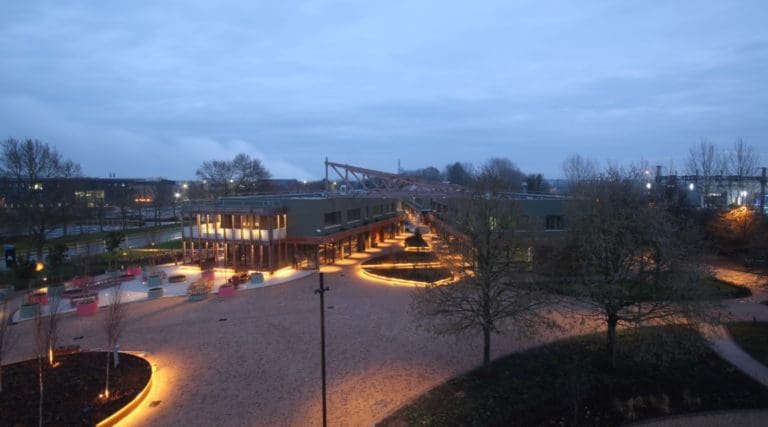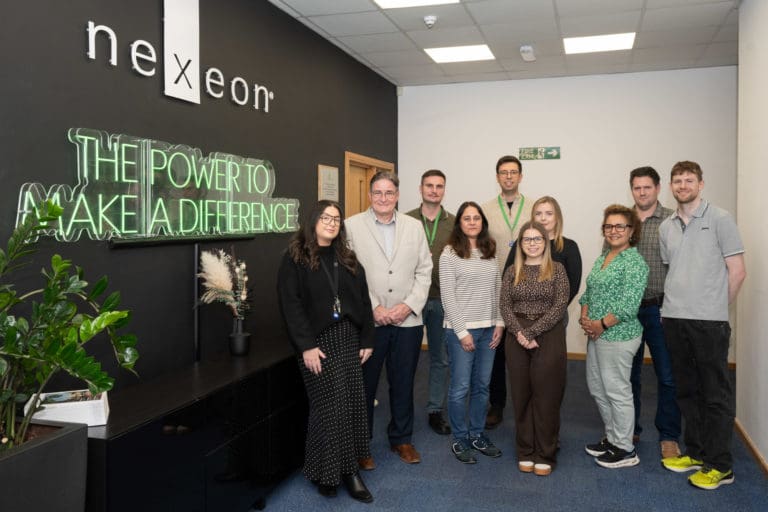
From mathematical modelling to biostatistics, Physiomics explains how the consultancy firm is using data innovation to help its clients develop better drugs.
What is your elevator pitch?
Founded over 20 years ago, Physiomics is a cutting-edge life science consultancy helping pharmaceutical and biotech companies to make smarter, evidence-based decisions throughout drug discovery and development.
What does Physiomics do?
Specialising in modelling and simulation, the team uses data science to help its drug discovery and development clients reduce risks, accelerate timelines and cut costs, which ultimately, delivers more effective medicines and reaches more patients.
Physiomics’ work informs crucial answers to some of the most pressing drug discovery questions, such as:
- What’s the right dose to use in clinical trials?
- How can we design studies to get the most insight from the smallest number of patients?
- How can we balance the need to demonstrate efficacy with risk of toxicity?
- How do different patients respond to a drug, why do differences in response happen and what can be done to address it?
Physiomics moved into a flexible office space in Bee House in late-2023 to help its client base answer these questions and the team has quickly settled into the Park community.
How do you use data to inform drug development?
Dr Peter Sargent, Physiomics’ CEO, said: “Our ultimate goal is to help avoid costly mistakes that could stop a high-potential drug from reaching the patients who need it most. We believe smarter use of data can play a huge role in making that happen.”
Physiomics uses data to guide its clients through some of the most critical steps when it comes to developing drugs, such as identifying the optimal dose for clinical trials or predicting how different patients may respond to treatment.
Physiomics’ Head of Quantitative Pharmacology and Data Sciences, Dr Mark Davies, explained the detail behind the data-led approach: “We use modelling techniques that consider what the body does to a drug and vice-versa.
“For example, we look at how the drug is absorbed, broken down and removed (a set of concepts referred to as Pharmacokinetics, PK), and then subsequently what the drug does to the body (i.e. Pharmacodynamics, PD) that may also include the physiological mechanisms behind those effects (through Quantitative Systems Pharmacology, QSP).”
Using these methods, the Physiomics team maximises insight from their clients’ data/literature, simulates untested scenarios, predicts drug efficacy/toxicity and designs more efficient trials with fewer patients.
Mark continued: “We combine insight from this modelling, allowing our clients to consider evidence in one system, in order to gain a holistic understanding of the effect of their drugs.”
This powerful combination of modelling and simulation creates a digital test bed for new therapies, helping drug developers to explore scenarios before committing to costly trials. In turn, this reduces the risk of failure and speeds up the delivery of life-changing treatments.
What’s your latest news?
Following the move to Bee House in late 2023, the company has celebrated record contract growth, welcomed new employees, expanded into new therapeutic areas and broadened support for a wider range of drug development stages.
The team has also welcomed a new CEO, Dr Peter Sargent, who joined alongside Dr Mark Davies as Head of Quantitative Pharmacology & Data Sciences and Jesse Thissen, who leads the company’s new biometrics service line.
They have expanded Physiomics’ services to include biometrics (to support clinical trial design) and bioinformatics (to extract insights from complex data sets). Its personalised dosing initiative has also continued to grow, supported by funding from Innovate UK and the Office for Life Sciences, through the PREDICT-ONC clinical trial.
What’s it like working at Bee House?
Whether collaborating in Bee House’s well-equipped meeting rooms or catching up over a chocolate brownie at the Hive café, the Physiomics team enjoys the flexibility of Milton Park’s modern facilities and positive atmosphere.
Hayley Close, Head of Business Development at Physiomics, said: “Bee House is a bright, modern and sociable space that really suits our hybrid way of working. It’s great to see a diverse range of like-minded businesses here, with the flexible office and co-working spaces which accommodate freelancers all the way up to 2,500 sq ft private offices.
“When we come together for our collaborative days, we make full use of the Hive Café and the flexible meeting rooms, which make our face-to-face sessions really productive. Moving from a smaller office into this fresh and open space has been a really positive shift for the team.”
How do you interact with the Milton Park community?
Although the team’s partnerships with other Milton Park occupiers remains confidential, their base at Bee House has made face-to-face meetings with prospective clients and partners based on the Park much easier.
Hayley explained: “We’ve often found ourselves chatting with a company at an industry event, only to realise we’re practically neighbours! It’s a great reminder of just how much life science innovation is concentrated here.”
What are your future plans?
Commenting on future plans, Peter concluded: “With our new office and team structure, we want to continue to build on the momentum we’ve built in recent years.
“We want to develop our biostats pipeline, explore personalised dosing solutions outside of oncology and continue to deliver data driven solutions to our clients. Ultimately, we aim to help clients reduce risk in drug development as much as possible and avoid mistakes that could stop a high potential, effective drug from reaching the right patients!”




